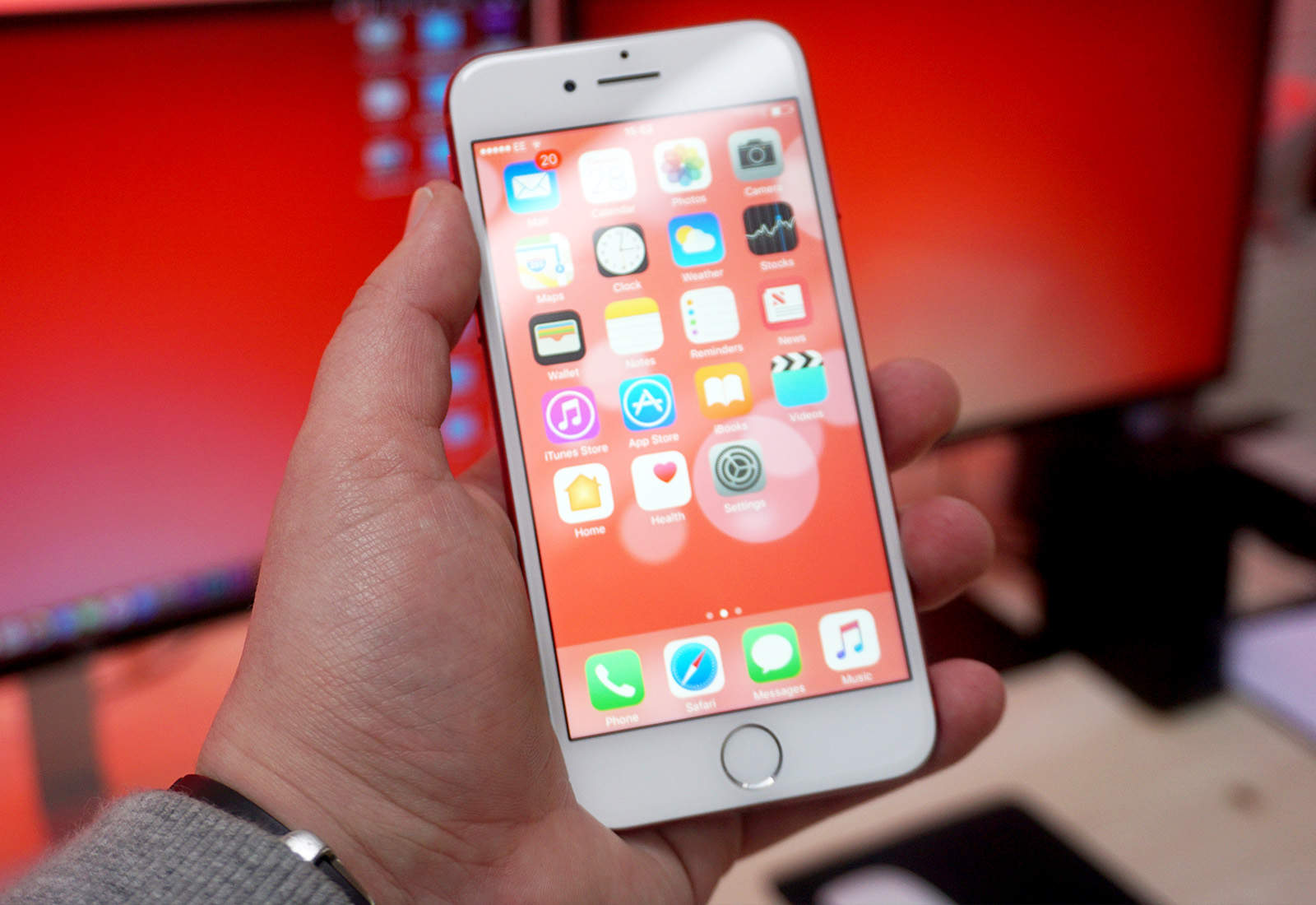A complicated, multibillion-dollar intellectual property battle between Apple and chipmaker Qualcomm will soon move through courts and hearing rooms across the globe.
More than 50 lawsuits have been filed in six countries, however, the outcome from upcoming hearings in the U.S. China and Germany could prod the feuding tech companies to negotiate a settlement, according to a Bloomberg report.
At the heart of the dispute is whether Apple is violating Qualcomm patents by refusing to pay billions of dollars in technology licensing payments. The chipmaker argues Apple is stealing property by not paying the fees, while Apple argues Qualcomm uses it patents to set high fees for basic smartphone technology.
The Bloomberg story published today distills the legal dispute, saying the unpaid fees could cost Apple as much as $4.5 billion
“Trying to untangle the thicket of litigation with these two companies is a gargantuan task,” Will Stofega, a mobile industry analyst for IDC, told Bloomberg.
In Washington next week, the International Trade Commission will hear arguments on three Qualcomm patents. The chipmaker wants the ITC to ban imports of all iPhone 7 models that don’t use Qualcomm chips.
A judge in Mannheim, Germany recently sided with Qualcomm who claimed Apple infringed on its patents by using Intel Corp. chips in iPhones but deferred the case to the European Patent Office to determine the validity of the patent claims.
Apple lawyers are also gearing for hearings later this month before the Chinese Patent Review Board where they will ask the panel to invalidate Qualcomm patents it feels the chipmaker is using against Apple.
In past statements, Apple has denied violating any of Qualcomm’s patents, arguing the patents in question should never have been issued. Qualcomm recently offered to lower the fees. Apple continued to use Qualcomm chips during the dispute.
All three venues “may be the entities that help force one side to blink,” Bloomberg reporters Ian King and Susan Decker wrote. “Each of those venues is known for speed, odds favoring patent owners and a greater likelihood that some sort of sales ban can be imposed on products found to infringe patents.”
The outcomes could speed up the two companies meeting at the negotiation table to hammer out a settlement.
Source: Bloomberg


